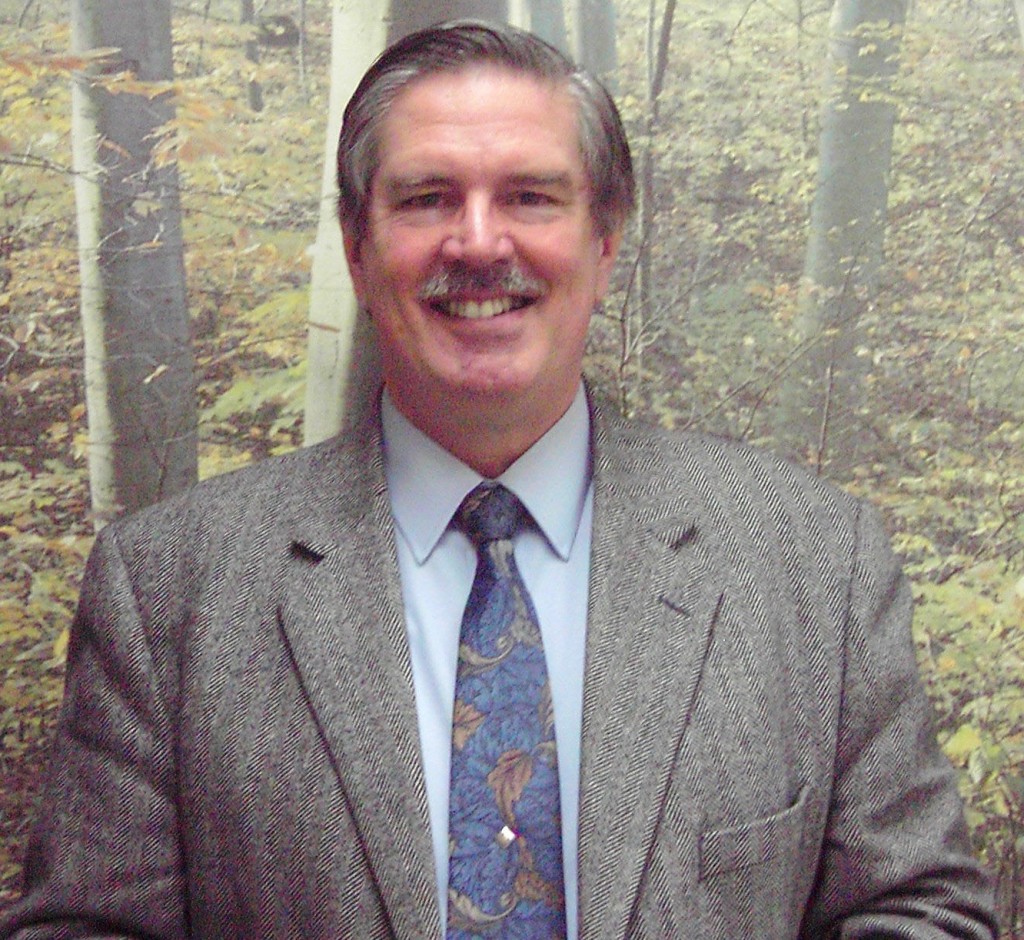The Climate Corner: Responding to a Moral Imperative
- Share
- Tweet
- Pin
- Share
By Dan Dieterich
All the major religions in the world had already made faith statements on climate change long before 2015. In 2009, for example, The Time to Act Is Now: A Buddhist Declaration on Climate Change refers to climate change as the “gravest challenge that humanity has ever faced” and declares that “we must ‘de-carbonize’ our energy systems as quickly as feasible by replacing fossil fuels with renewable energy sources that are limitless, benign, and harmonious with nature.”
In 2015, however, the Laudato Si’ encyclical by Pope Francis, the Islamic Declaration on Climate Change, and the Rabbinic Letter on the Climate Crisis have brought the moral imperative to act on climate change into better focus.
The Rabbinic Letter on the Climate Crisis issued through the Shalom Center here in the U.S. in 2015 was signed by more than 400 rabbis. It points out that the poor are the first and worst to suffer from climate change and calls for “convincing our legislators to institute a system of carbon fees and public dividends that rewards our society for moving beyond the carbon economy.”
The Islamic Declaration on Climate Change calls on the people to, among other things, “Recognize the moral obligation to reduce consumption so that the poor may benefit from what is left of the earth’s non-renewable resources.”
Like the Islamic declaration, Laudato Si’ also makes an appeal based on stewardship and the obligation to care for creation. But, before issuing that encyclical, Pope Francis pointed to the importance of taking climate change action when he said that, “if we destroy Creation, Creation will destroy us. Never forget this!”
Likewise, in her 2011 book, Loving the Least of These: Addressing A Changing Environment, Dorothy Boorse writes, “Human-induced climate change is an ethical, social justice, and religious issue.” She also points out that one of the grounds for responding to it is that “such climate change poses a significant threat to future generations, the poor, and the vulnerable.”
For more information about the moral imperative to respond to climate change, I invite you to read the second edition of Faith-Based Statements on Climate Change, which I compiled with the help of fellow Citizens’ Climate Lobby (CCL) volunteers and published this past June. In it, you’ll find faith statements from nine world religions, nine Christian denominations, along with three ecumenical groups and four interfaith groups. You’ll find a link to it at the bottom of the home page of the CCL webpage: citizensclimatelobby.org.
As a Christian, I personally accept that by polluting our atmosphere, we’re violating God’s laws as they are expressed in the laws of physics, chemistry, and biology. I also believe it is immoral for us to threaten the lives of future generations and other life forms, which is what we’re currently doing by polluting our atmosphere and waters with greenhouse gases such as carbon dioxide.
I’m not alone. A Reuters/IPSOS poll conducted in 2015 found that 72 percent of Americans realize they are “personally morally obligated to reduce their carbon dioxide emissions.” Two-thirds of those polled said that world leaders are also “morally obligated to reduce carbon emissions.”
To help our leaders in the United States government meet that moral obligation, I’ve committed myself to working through CCL to persuade Congress to pass revenue-neutral carbon fee and dividend, a market-based approach to solving the climate crisis.
What is CCL? It’s a nonpartisan, nonprofit organization that empowers people from all walks of life to become effective advocates for a livable world. We’re a young organization. In fact, CCL just celebrated the eighth anniversary of its founding on Oct. 7, 2007.
When I joined CCL in 2012, it had 74 chapters around the United States. Today, it has more than 310 chapters around the world, including chapters in Australia, Bangladesh, Canada, England, Germany, India, Nepal, and Sweden. We have 16 CCL chapters right here in Wisconsin and another four Wisconsin chapters in progress, including one in Door County.
CCL is now America’s largest volunteer lobbying organization.
Why has CCL had such exponential growth? Because people recognize climate change as the greatest environmental, social, economic and moral challenge to face the human race. They also realize their individual actions won’t be enough to meet the climate change challenge.
We must move Congress to reduce carbon dioxide emissions by putting a price on carbon. I invite you to join us.
 Dan Dieterich leads the Stevens Point Chapter of the Citizens’ Climate Lobby (CCL) in addition to serving as CCL’s state coordinator. A longtime environmental activist, he co-chairs his church’s Green Team and led a recent project to compile and publish faith-based statements on climate change. He’s a writing consultant and professor of English at the University of Wisconsin-Stevens Point.
Dan Dieterich leads the Stevens Point Chapter of the Citizens’ Climate Lobby (CCL) in addition to serving as CCL’s state coordinator. A longtime environmental activist, he co-chairs his church’s Green Team and led a recent project to compile and publish faith-based statements on climate change. He’s a writing consultant and professor of English at the University of Wisconsin-Stevens Point.
The Climate Corner is a monthly column featuring a variety of writers from around the state and Door County addressing various aspects of the challenges and opportunities climate change presents. The Corner is sponsored by the Climate Change Coalition of Door County, which is dedicated to “helping to keep our planet a cool place to live.” The Coalition is always open to new members and ideas. Contact the Coalition at: [email protected].

